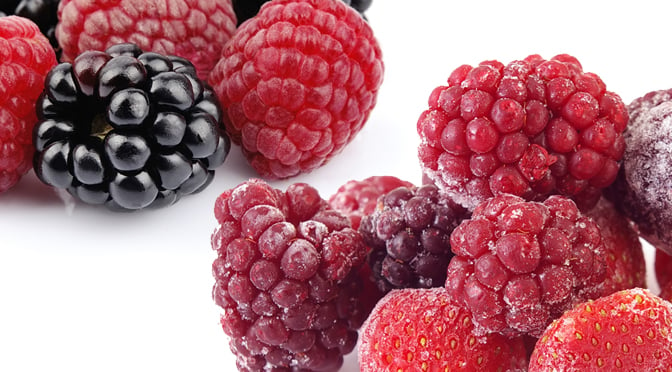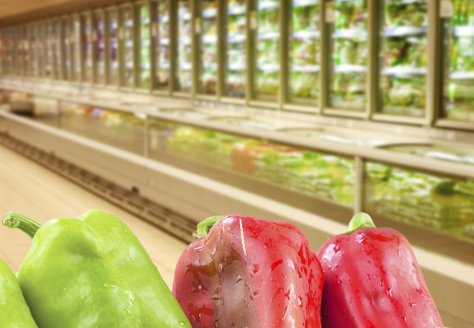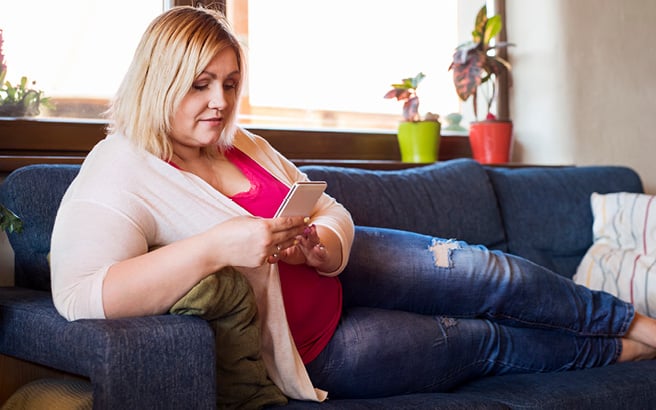A recent article questioned whether frozen food is better than fresh, as the ‘freezing process might better preserve vitamins and minerals’.
The article’s author said that boiling defrosted vegetables ‘depletes their nutritional content’, whereas the chief executive of the British Frozen Food Federation (BFFF) argued that ‘in terms of nutritional content, freezing doesn’t damage food — it preserves vitamins and minerals.’
He also claimed that ‘within three days of vegetables being pulled from the ground, 80% of vitamin C is naturally lost from them’.
With these conflicting views, it can be difficult to work out what’s the best way to eat our fruit and vegetables and get that all-important 5 A DAY, which can reduce your cancer risk.
So we’re looking behind the headlines to explain what’s the best way to eat your fruit and vegetables.
Firstly, let’s not split hairs. As long as they’re free from added salts, sugars, or fats (for example, tinned pineapple in syrup), your body isn’t that picky when it comes to getting your 5 A DAY.
Unless you’re picking the tomato straight from the plant and eating it right then and there, there is a small chance that some nutrients may be lost when they’re eaten later – whether they come in tins, the freezer or are fresh.
But remember they still contain a lot of nutrients, minerals, vitamins and fibre, and are a healthy choice.
The bottom line is: It doesn’t matter whether your fruit and vegetables come tinned, frozen, or fresh.
The important thing to remember is to eat a variety of fruits and vegetables without adding salt, sugar, or fats.
Plant foods – which include fruit, vegetables, wholegrains, and pulses – are vital for helping prevent cancer, which is why you should base your diet around this food group.
Plant foods can help you to stay a healthy weight because most of them are relatively low in calories. They are also high in fibre, which helps you stay full and not overeat.
With nine cancers linked to being overweight, it’s crucial to maintain a healthy weight, and it’s here that fruits and vegetables can help you keep a healthy waistline.
Vegetables and fruits may also protect against cancer because they contain vitamins and minerals, which help keep the body healthy and strengthen your immune system.
They also contain substances called phytochemicals. These can help to protect cells in your body from damage that can lead to cancer.
Whether it be tinned, frozen, or fresh, eating a varied mix of fruit and vegetable is one of the ways you can protect yourself from cancer.
So open that tin of sweetcorn, grab that bag of broccoli from the freezer, and pick up that apple from the fruit bowl – by doing so, you’re helping protect yourself from cancer.
Confused by portion sizes?
> Our handy poster can help and give you some ideas about how to get your 5 A DAY


